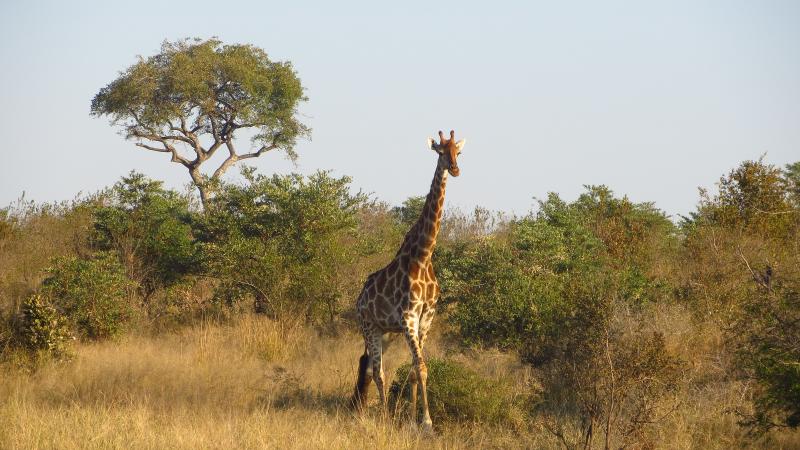Welcome to Weekly Head Voices number 244, stretching from Monday June 20 to Sunday July 24, 2022.

Winter, don’t call us, we’ll call you
Shortly after the start of this period, June 21 to be exact, I was frankly and quite pleasantly surprised by the Southern Hemisphere winter solstice.
This handy Time and Date website has more details, including but not limited to:
The June solstice (winter solstice) in Cape Town is at 11:13 on Tuesday, 21 June 2022. In terms of daylight, this day is 4 hours, 32 minutes shorter than the December solstice. In locations south of the equator, the shortest day of the year is around this date.
The earliest sunset is on 12 June. The latest sunrise is on 29 June or 30 June.
Some of you might remember that this is an important point in the year for me, the moment when I can see the big light, namely summer, at the end of the tunnel.
Projections
I recently finished reading the book Projections: A Story of Human Emotions by Karl Deisseroth.
As a layperson, I found this psychiatrist and world-changing scientist’s view of the world, and especially of the psyches of his patients, absolutely fascinating.
Deisseroth writes about several different types of psychiatric disorders, but does so via specific but (probably) fictional patients who embody the important aspects of the disorder in question.
He also writes about Optogenetics.
Optogenetics is a technique, invented by Deisseroth, for controlling neurons with lasers, in vivo.
More specifically, by inserting specific genes from algae, neurons can be modified to activate when struck by light.
Using this technique, researchers are able to activate very specific subsets of neurons in mice brains, making the mice feel anxious for example, or comfortable, or any of the different neural components making up these mental states.
From the Wikpedia artictle:
In systems neuroscience, the ability to control the activity of a genetically defined set of neurons has been used to understand their contribution to decision making, learning, fear memory, mating, addiction, feeding, and locomotion.
The use of this technique has already contributed significantly to our fundamental understanding of the brain, and the first steps have been taken towards using it in therapy.
Judging by the list of awards, the scientific world has really noticed the value of this work.
Personally, I am optimistic that there’s much more to come.
P.S. Close to the end of the Lex Fridman podcast with Deisseroth, Deisseroth mentioned that he really doubts whether he has done enough…
Batting for Biyamiti
I am Bat-Fan.
No really, I appreciate bats. (and puns)
They’re little flying mammals who see and navigate the world expertly using echolocation (just imagine what that feels like?!) . They eat large numbers of insects, including a debatable number of mosquitoes (I did not know about the debate until right now).
What’s not to like?
However, during our recent freshly reinstated yearly KNP break, we enjoyed fantastic summer weather (it’s winter down here, but that’s Mpumalanga for you), we spent one night in Biyamiti with a pretty active bat in the room.
As we went to sleep, we thought that it would probably be ok.
It was not.
In addition to the bat expertly dropping something wet in my eye (your guess is as good as mine), during parts of the night it started doing fly-bys so close to our faces that we could feel the discrete wind gusts caused by the flapping of its little wings.
On the one hand I was quite impressed by its sheer mammalian skill, but on the other we just really wanted to sleep.
We decided that the price of a few extra insects in the room was worth it, and so we opened the mesh.
Our bat friend, in spite of apparently having built a little nest in the nook right up in the apex of the roof, fortunately obliged by exiting to perform the rest of its manouevres outside in the night.

Figure 1: The sun sets over the Crocodile. Nothing else matters.